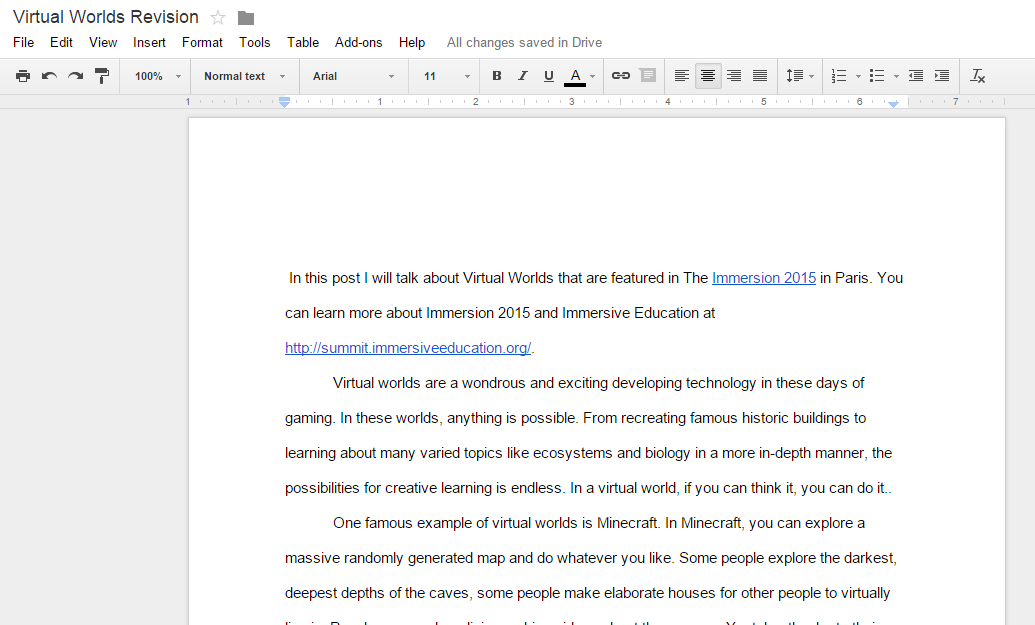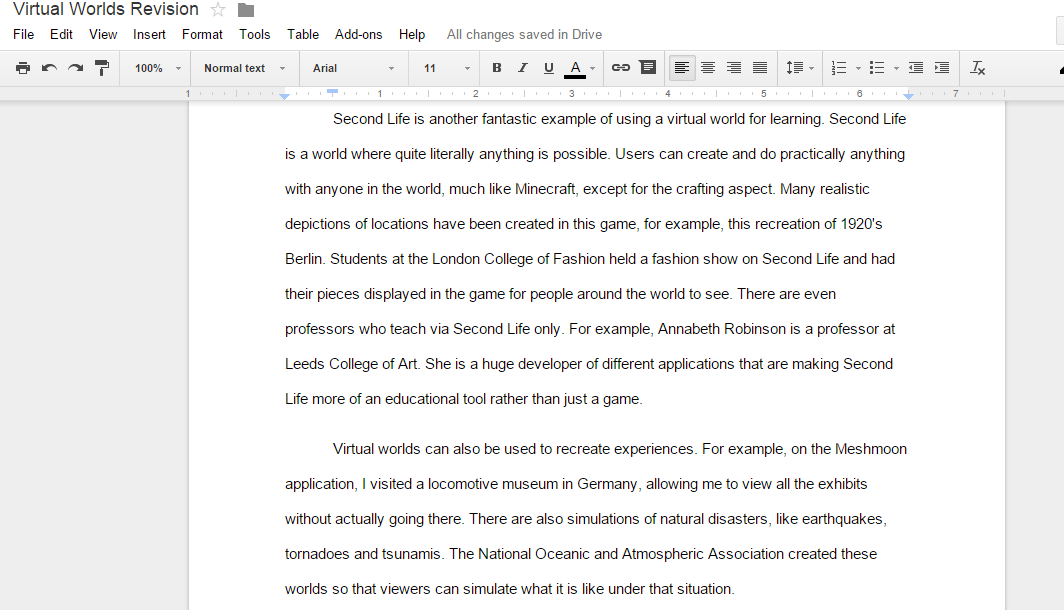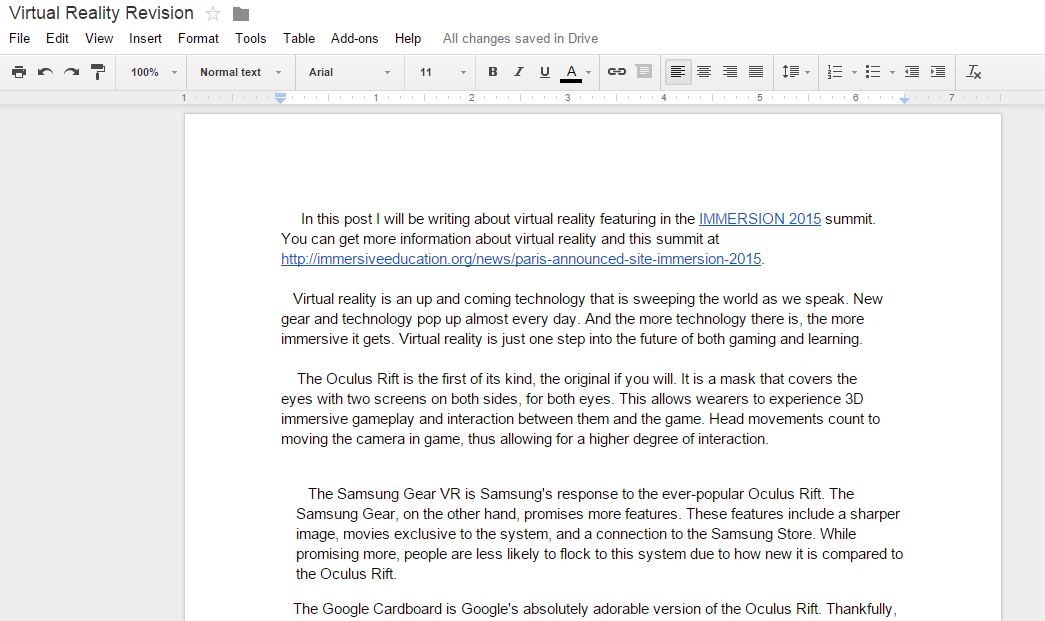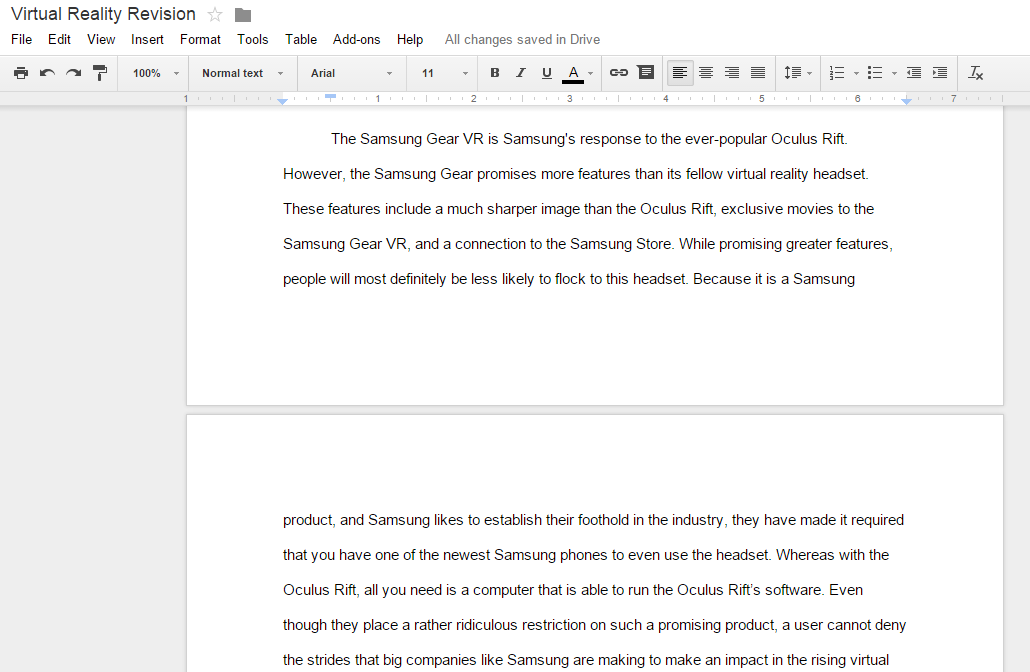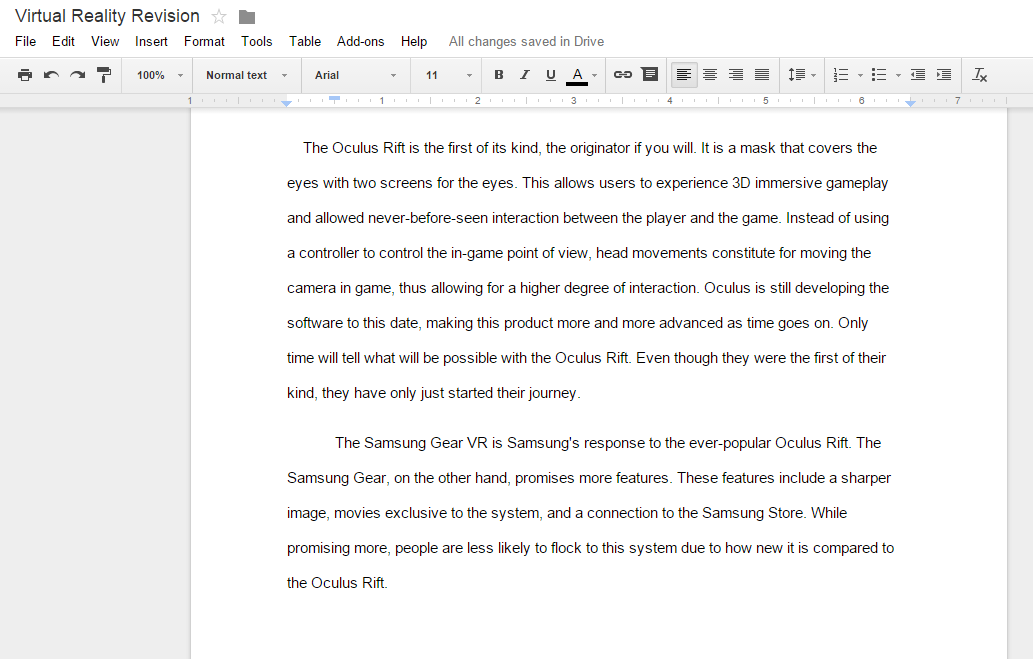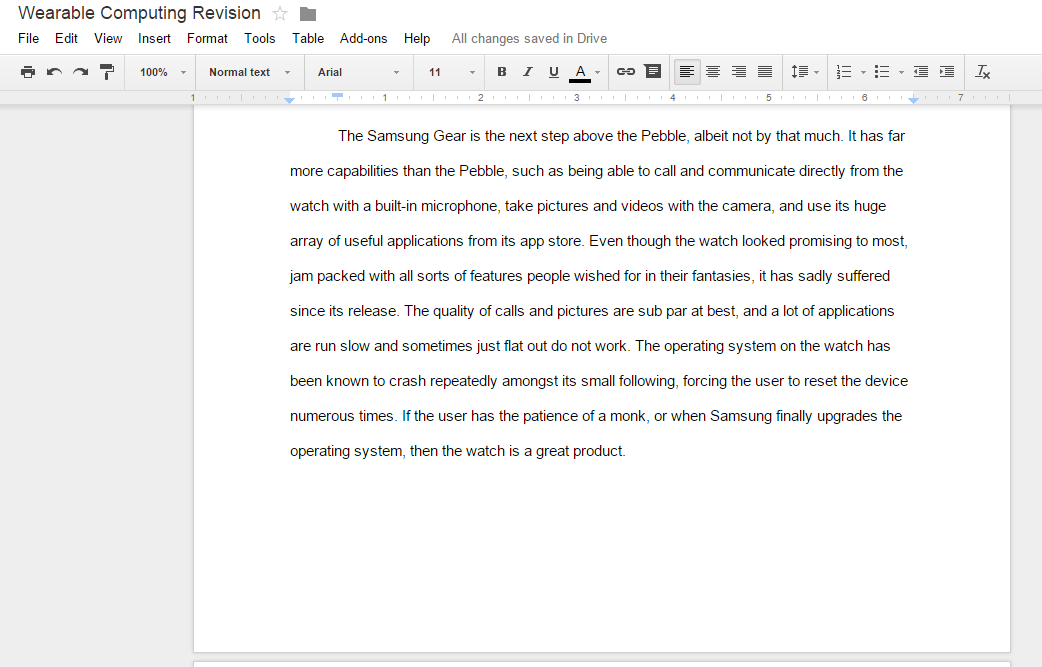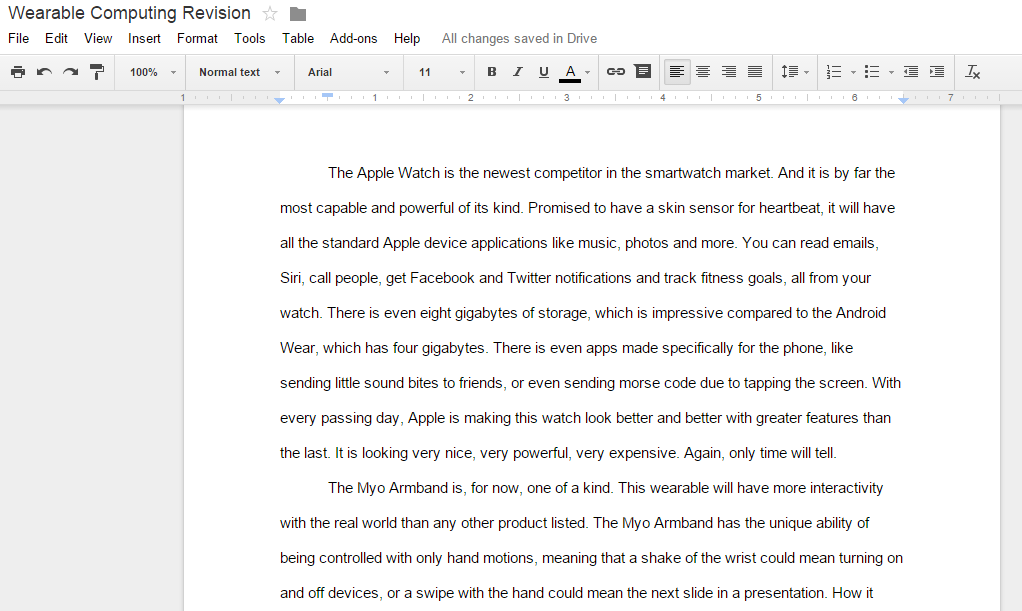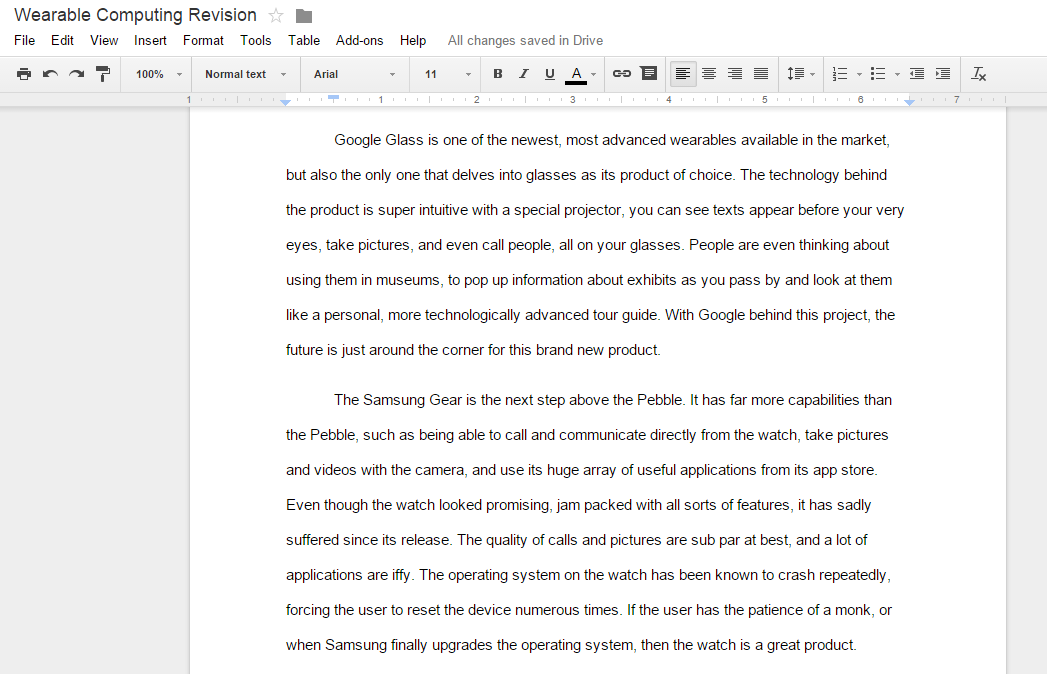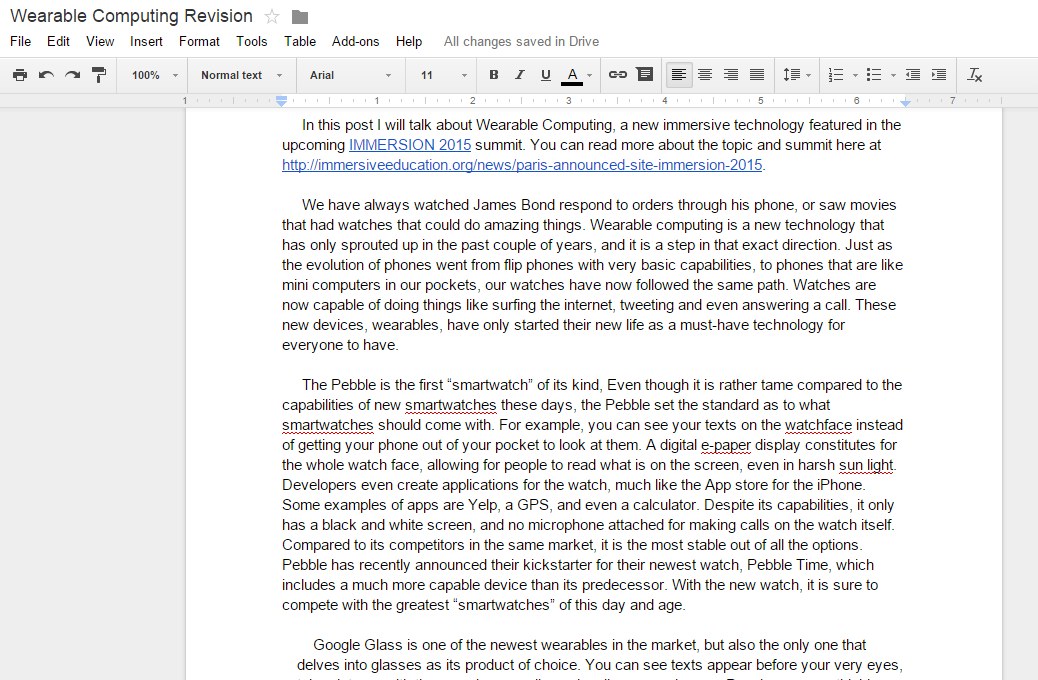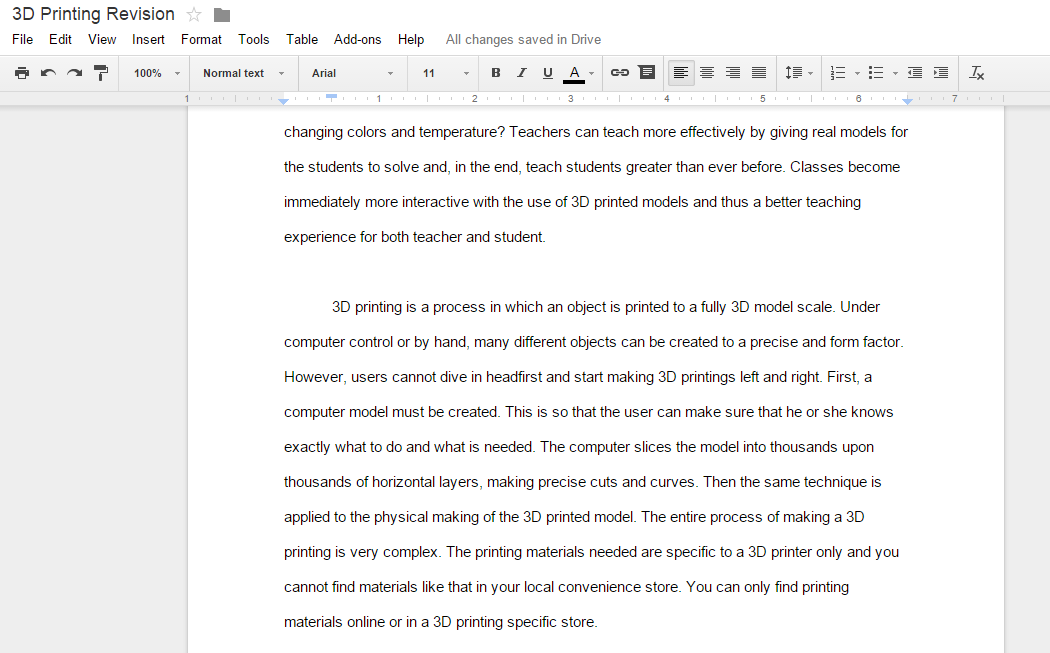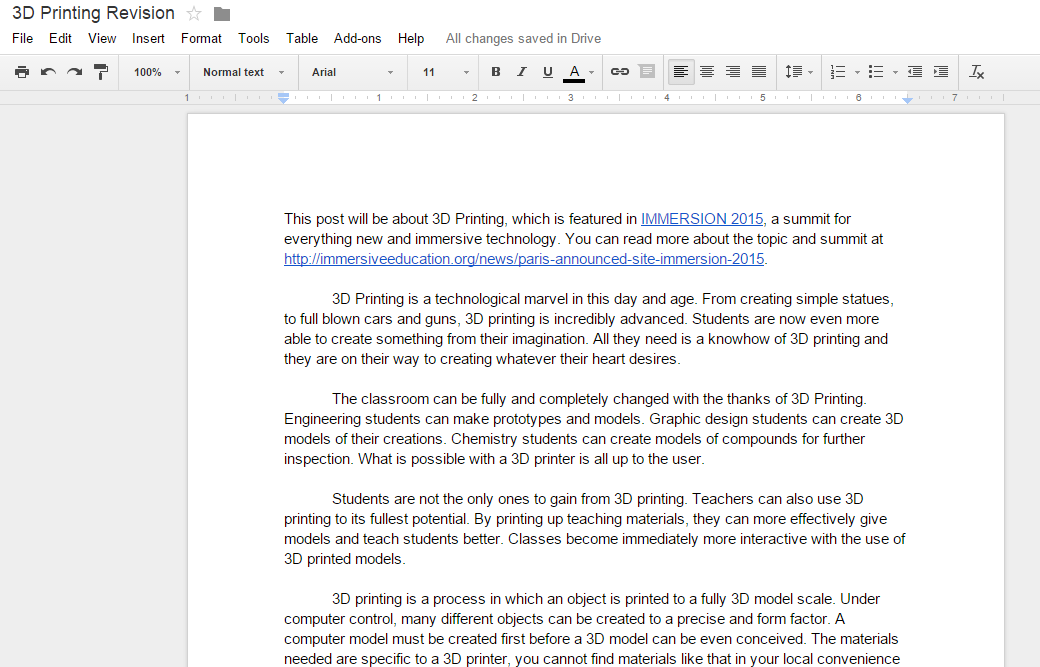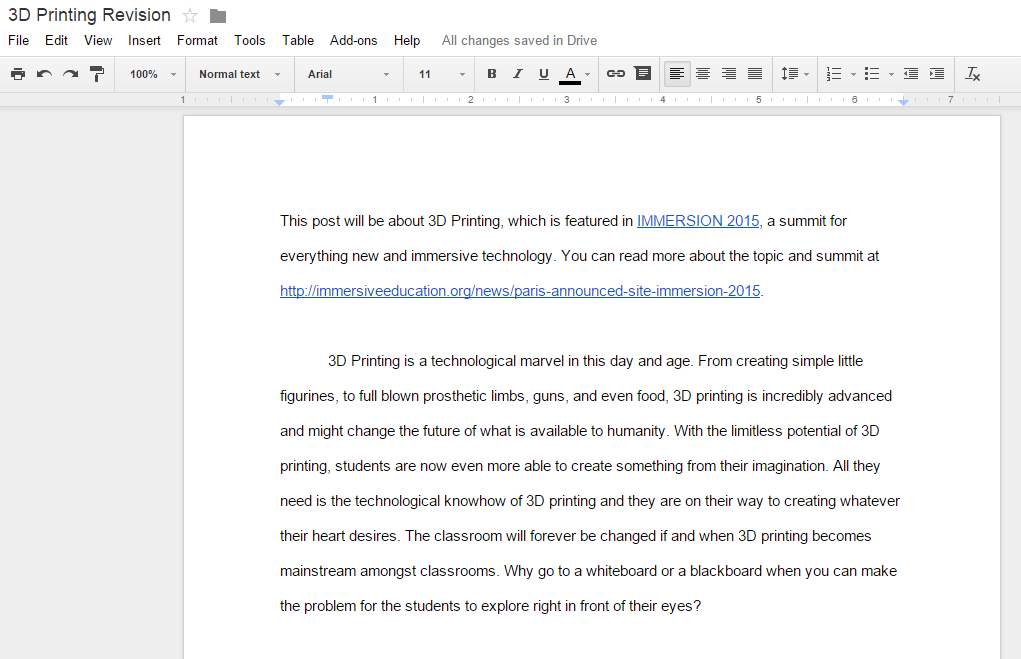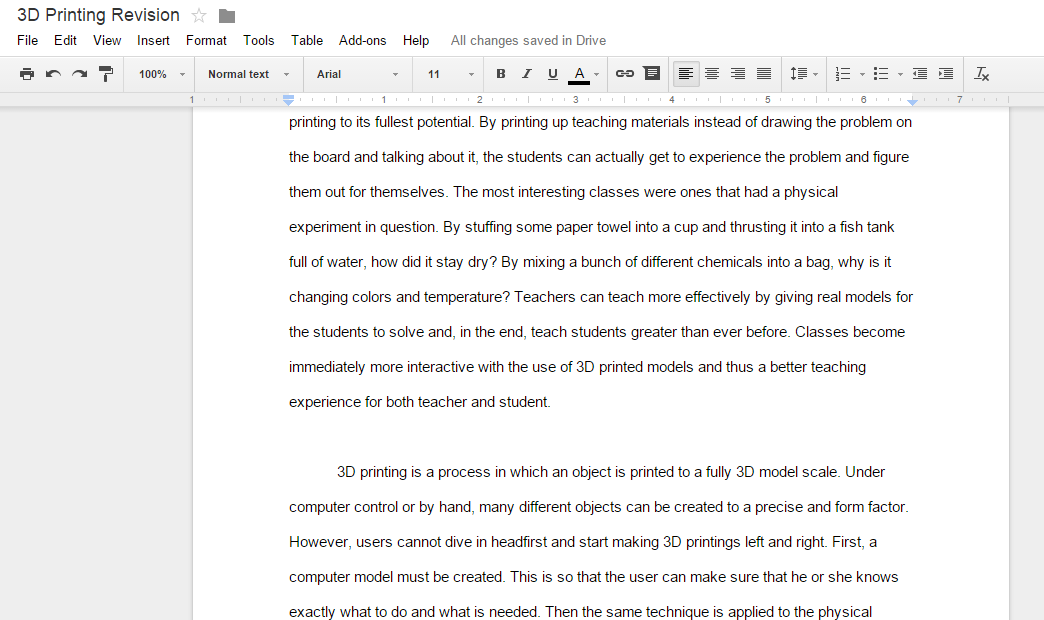Monday, March 30, 2015
Monday, March 23, 2015
Monday, March 16, 2015
Google Hangout Pictures
Here's Dan:
As a group, we got past the awkward stage of getting to know each other very quickly. We soon started conversing about casual conversations like what games we play and what we do. Very soon after, we started drawing on each other, giving each other outfits and such. Here's the results of our little session.
Here's Shane!:

Here I am:
Here's Ryan!:
As a group, we got past the awkward stage of getting to know each other very quickly. We soon started conversing about casual conversations like what games we play and what we do. Very soon after, we started drawing on each other, giving each other outfits and such. Here's the results of our little session.
Here's Shane!:

Here I am:
Here's Ryan!:
Google Hangouts
I was actually having trouble accessing the Google Hangouts for the first couple of minutes. Ryan and Shane were actually the ones telling me how to get to Hangouts, which is through my Google+ profile. It was very frustrating trying to get this to work
Immersive Illness? - Alex Lau
"A challenge that concerns me the most is lurking on the horizon, one we
don't yet understand the full scope of. As Immersive Education and other
forms of personal virtual reality become more realistic and compelling
we're going to see "immersive illness" become more common and more
difficult to deal with. Although this is an issue today we're somewhat
protected by the limitations of today's personal computers and game
consoles (they just aren't powerful enough...yet), but in another decade
or more it'll be a different story altogether. Nobody knows exactly
what impact insanely realistic, media-rich virtual reality will have on
society. We're already dealing with early forms of immersive illness,
such as addiction, alienation, mental schisms, and more, but today it's
not a problem that affects a large percentage of users. We don't see
massive problems today for a number of reasons, including rather
low-quality virtual environments and limitations on how much time we
spend in these environments. But what happens when the visual and audio
quality becomes indistinguishable from reality, the technology becomes
truly mainstream, and a substantial portion of education takes place in
such environments and not in a real classroom? With massive power comes
massive problems. Last week I was asked how big this problem will be,
and I responded that nobody knows for sure but I'd estimate that the
at-risk population can be calculate by adding the percentage of people
with addiction problems to the percentage of society that suffer some
form of mental illness. That's a big chunk of society. Is it all gloom
and doom? Certainly not, but it's a grand challenge we're not even
remotely prepared for today. As with other disruptions society will
eventually adapt, but I think we're in for a very rough ride." ~ Professor Aaron Walsh from the itnerview "Virtual reality and higher education: Another perspective" at http://terranova.blogs.com/terra_nova/2007/05/teaching_in_vr_.html
I personally think Immersive Illness is a problem already. People have made some of the worst mistakes because of their addiction to the internet. Careless teenage daughters use their parents credit card because they are obsessed with online shopping. Gaming teens have dropped out of school and had to start from the ground up because they were addicted to World of Warcraft. A couple years ago, South Korea announced an army bootcamp for teens addicted to Starcraft to go to because the addiction was simply too pronounced. A couple in China have even sold their children just to transfer that money into in-game currency, fueling their addiction while they were living in squalor. People have even died from staying in a gaming cafe for so many hours, over 36 for this one guy until he just fell over and died on the spot. Yes, these are very singular, way too peculiar incidents. But it is only going to get worse as time and technology goes on. In the article, Professor Walsh said that "we're not even remotely prepared for today." Well, to be honest, I really have to agree.
And to add on, take a look inside a Starbucks, or the T, or just hang out with some friends. Now go ahead and count how many people are literally stuck in their phones, their necks curved at their phones at an exact 60 degree angle. I hang out with my friends and family quite often, weekly even. And I always see my little cousins just sucked into their phones or their Nintendo DS, along with my friend, who are sitting next to each other, but not even talking! They are literally texting each other as they are sitting next to each other. It was not a joke, they decided that they were "too lazy" to talk so they texted instead. Barely anyone wants to talk anymore, and face to face contact is looking to be a thing of the past.
I personally think Immersive Illness is a problem already. People have made some of the worst mistakes because of their addiction to the internet. Careless teenage daughters use their parents credit card because they are obsessed with online shopping. Gaming teens have dropped out of school and had to start from the ground up because they were addicted to World of Warcraft. A couple years ago, South Korea announced an army bootcamp for teens addicted to Starcraft to go to because the addiction was simply too pronounced. A couple in China have even sold their children just to transfer that money into in-game currency, fueling their addiction while they were living in squalor. People have even died from staying in a gaming cafe for so many hours, over 36 for this one guy until he just fell over and died on the spot. Yes, these are very singular, way too peculiar incidents. But it is only going to get worse as time and technology goes on. In the article, Professor Walsh said that "we're not even remotely prepared for today." Well, to be honest, I really have to agree.
And to add on, take a look inside a Starbucks, or the T, or just hang out with some friends. Now go ahead and count how many people are literally stuck in their phones, their necks curved at their phones at an exact 60 degree angle. I hang out with my friends and family quite often, weekly even. And I always see my little cousins just sucked into their phones or their Nintendo DS, along with my friend, who are sitting next to each other, but not even talking! They are literally texting each other as they are sitting next to each other. It was not a joke, they decided that they were "too lazy" to talk so they texted instead. Barely anyone wants to talk anymore, and face to face contact is looking to be a thing of the past.
CLASS 5 ASSIGNMENT 1: REVISING MY IMMERSIVE TECH REPORTS IN GOOGLE DOCS
Virtual Worlds:






___________________________________________________
Virtual Reality:



____________________________________
Wearable Computing:


_____________________________________________________
3D Printing:

I have edited all of my essays so that they are greater in both quality and quantity of content. I have done these essays before but they were very barebones and basic, but now I have some legitimate sources and information about the different products and systems I talked about previously.
Monday, March 9, 2015
CLASS 5: Operating Systems Reports Shared With Me
Instead of all of the documents being under my Shared With Me section in my Google Drive, it is actually all in my emails. Weird, but at least I know I can see everyone elses documents now.
CLASS 5: Sharing My Operating System Report with Classmates
In this picture, you can see that I shared my paper with everyone in the class. On the right hand side, there is an option to let people have the ability to either only edit, comment, or view. In this case, as according to instructions from the lecture notes and assignments, I made it so everyone I shared it to can only view it.
Microsoft HoloLens, HTC Valve Vive, and Samsung Virtual Reality (VR) - Alex Lau
The Microsoft HoloLens is a virtual reality headset that promises more than just a gaming purpose. In the video, Microsoft promises that the headset will bring upon a multitude of purposes to every day life, whether it be creating, planning, architecture, or an even more immersive style of gameplay, the Microsoft HoloLens will provide you a whole new avenue of experiencing life. The video displays people walking around their homes, working on projects, while the headset projects holograms onto real life surfaces and structures. This means that the headset will not create a new world to see, but to add on in an astronomical way. These holograms will, according to Microsoft, "enable you to do things you've never done before."
Sadly, there is always going to be a proverbial runt of the litter, And that runt is the Samsung VR. The Samsung VR utilizes their phones Galaxy Note 4 and Galaxy S6 and S6 Edge. Even though they promise a better experience with breathable materials, a higher pixel density and more processing power, it only pales in comparison to what the other two headsets are capable of. Plus the fact that it only runs on a select amount of phones and not on its own operating system drags down what possible audience it could reach out to.
To read more about these new upcoming VR systems, click here at http://immersiveeducation.org/buzz
Subscribe to:
Posts (Atom)








